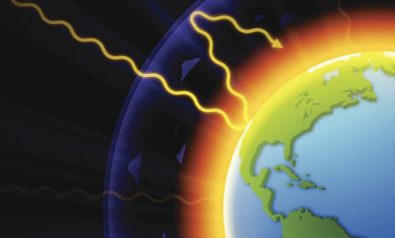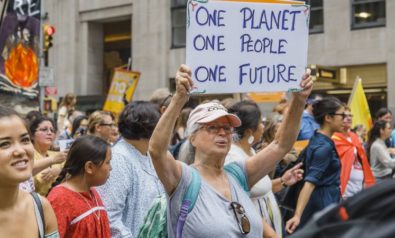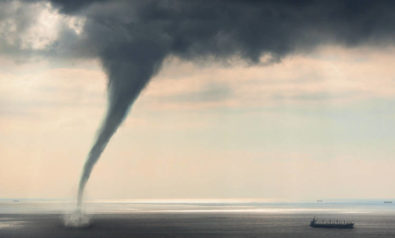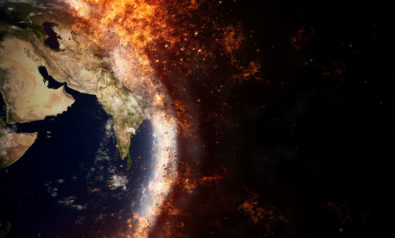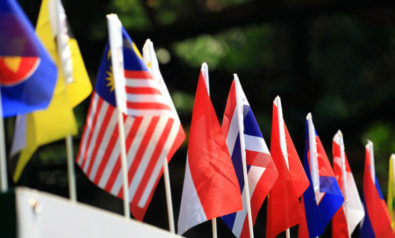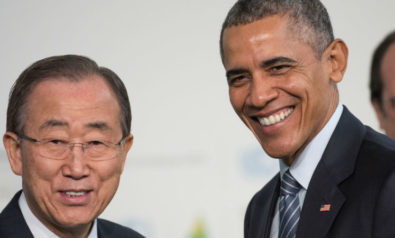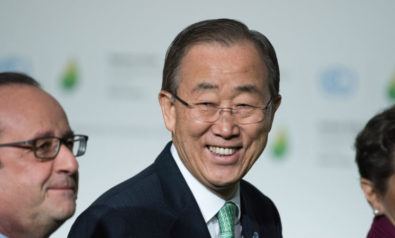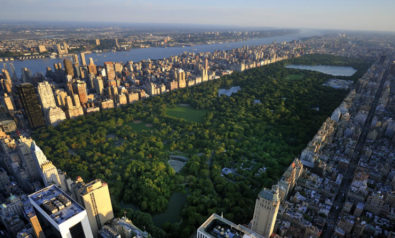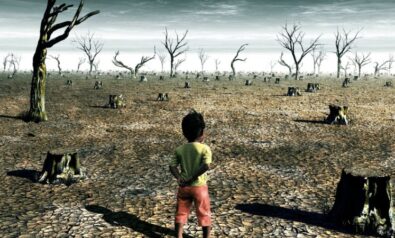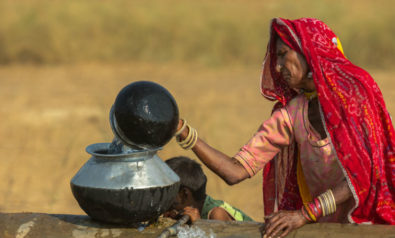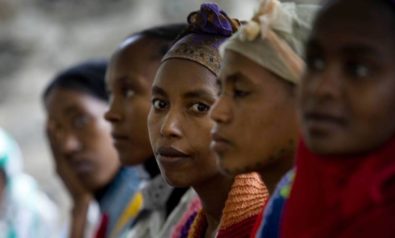Instead of being at odds, COP21 gives the Arab world a chance to show a united front to combat climate change.
Many heads of state are not present at the 21st session of the Conference of Parties (COP21) in Paris. Despite being a global event to address the key universal issue of our time—climate change—many were cautious to attend due to security concerns following the terrorist attacks of November 13, while others may not have been interested. Whatever the case, world leaders must be united at the Paris summit since climate change is a threat to all of humankind.
For the Arab leaders who have attended, it is safe to say that they are seeking regional solidarity in reaching an agreement that has long been waited for. Representatives of Morocco’s King Mohammed VI emphasized this importance by saying: “The Paris conference will be instrumental in shaping the future which we are duty-bound to bequeath to our children … We must preserve this planet’s heritage for our children.”
Yemen, as the Arab world’s poorest nation, has been hit hard by climate change. Vice President Khaled Bahah shared his country’s concern when he said: “We witnessed a catastrophe a few days before convening this summit. Within a one-week period, two tropical cyclones struck Yemen’s Socotra Island, causing devastating environmental impact and human casualties.”
With water scarcity in Yemen, the country nested in the corner of the Arabian Peninsula needs aid and protection. And with yet another conflict, this time with Houthi rebels, climate change could exacerbate the growing refugee crisis.
On the other side of the Middle East and North Africa, Mauritania doesn’t have the luxury of receiving much aid from regional nations, despite being a member of the Arab League. “Mauritania faces desertification, erosion of its coasts and the rise of oceans, and all of this constitutes an enormous environmental challenge,” said President Mohamed Ould Abdel Aziz.
Emphasizing the crucial need for reform, Djibouti President Ismail Omar Guelleh stated: “It is certain that if nothing is done … in East Africa and the Middle East it will be impossible for humans to survive.”
Aside from rising temperatures in the Gulf, Guelleh’s warning can easily be tied to food security as a future challenge, which will likely increase the frequency of conflicts around the world.
Ending Conflicts?
The most promising news to come out of Arab states at COP21 is that Iraqi President Fuad Musam reiterated the need of seeking technological support for climate change mitigation and green technology transfer, including ecosystem restoration. It is refreshing because Iraq clearly looks forward to inviting the international community to play a role in rebuilding the country, despite the insecurity it faces amid regional turmoil.
This is why it is important to highlight that climate change is an opportunity to promote peace in the Middle East.
As the headliner from the Arab world, King Abdullah II of Jordan indicated that climate change is an opportunity for youth as they constitute 70% of the country’s population. He also called for an increase in aid to Syrian refugees upon the adoption of serious climate action.
King Abdullah also mentioned that Jordan has opened the largest wind farm in the Arab world, which might encourage other Arab countries to seek alternative forms of energy.
Arab states have the chance to emerge as a powerful group for next year at COP22 in Morocco. However, member states of the Gulf Cooperation Council (GCC) must follow the United Arab Emirates’ lead in terms of having ambition when it comes to long-term goals—particularly Saudi Arabia.
COP21 is an important moment for Arab states as they often have disagreements. The Paris conference is an opportunity to be united through collaborative action for a better world. With the common goal of combating climate change, a lasting agreement could prevent future conflicts over land and natural resources.
The views expressed in this article are the author’s own and do not necessarily reflect Fair Observer’s editorial policy.
Photo Credit: Oleg Znamenskiy / Shutterstock.com
 We bring you perspectives from around the world. Help us to inform and educate. Your donation is tax-deductible. Join over 400 people to become a donor or you could choose to be a sponsor.
We bring you perspectives from around the world. Help us to inform and educate. Your donation is tax-deductible. Join over 400 people to become a donor or you could choose to be a sponsor.
Support Fair Observer
We rely on your support for our independence, diversity and quality.
For more than 10 years, Fair Observer has been free, fair and independent. No billionaire owns us, no advertisers control us. We are a reader-supported nonprofit. Unlike many other publications, we keep our content free for readers regardless of where they live or whether they can afford to pay. We have no paywalls and no ads.
In the post-truth era of fake news, echo chambers and filter bubbles, we publish a plurality of perspectives from around the world. Anyone can publish with us, but everyone goes through a rigorous editorial process. So, you get fact-checked, well-reasoned content instead of noise.
We publish 2,500+ voices from 90+ countries. We also conduct education and training programs
on subjects ranging from digital media and journalism to writing and critical thinking. This
doesn’t come cheap. Servers, editors, trainers and web developers cost
money.
Please consider supporting us on a regular basis as a recurring donor or a
sustaining member.
Will you support FO’s journalism?
We rely on your support for our independence, diversity and quality.



